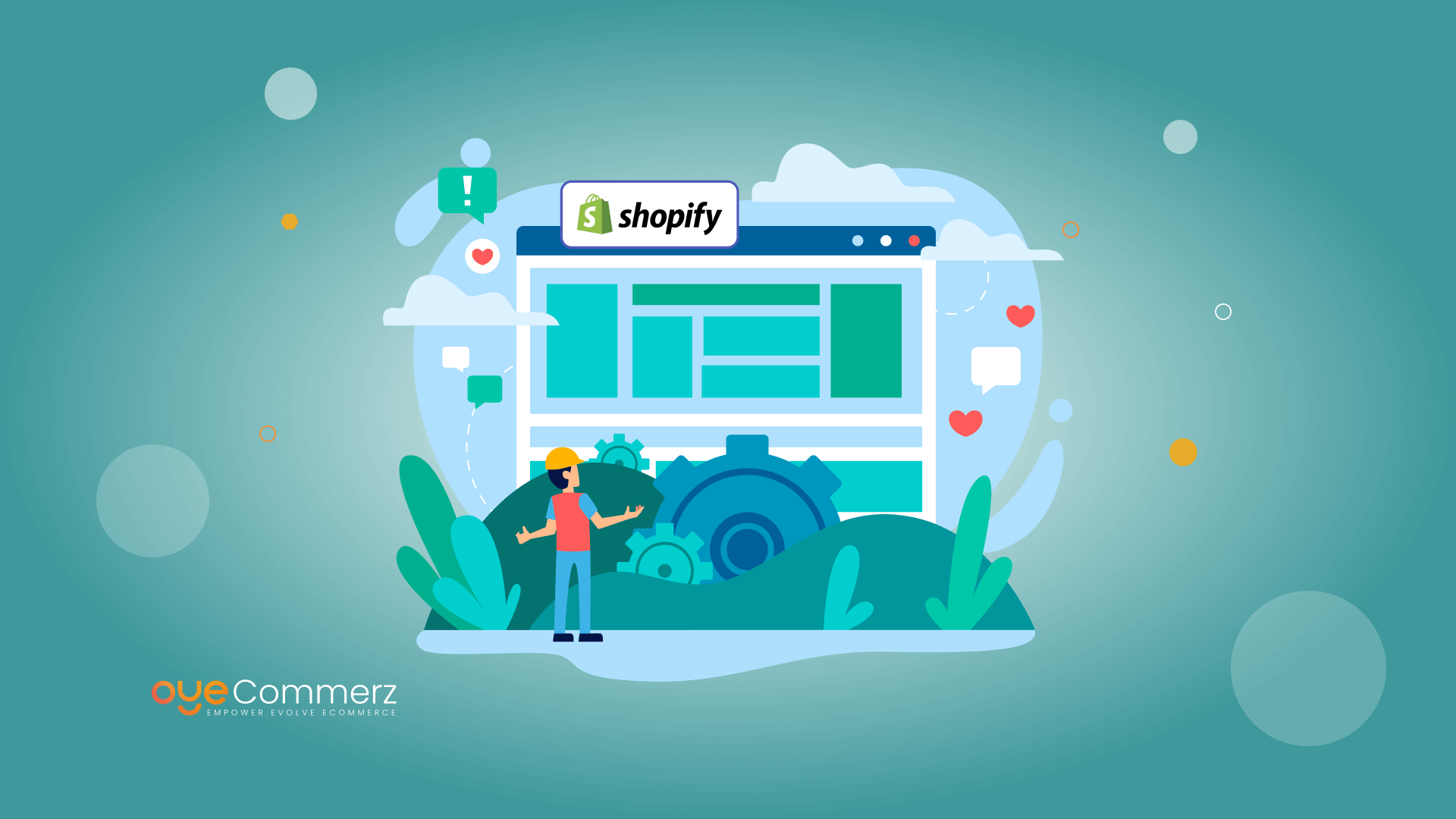Overview
In the current cutthroat e-commerce landscape, standing out is essential, and one of the best ways to differentiate a Shopify store is through tailored app development. A well-built Shopify app can enhance store capabilities, simplify processes, and elevate customer interaction. This article explores essential elements of Shopify app development, covering API integration and app ecosystem to growth techniques and promotion methods, providing a roadmap for businesses seeking superior store efficiency.
The Importance of Shopify API Integration
Shopify’s API provides powerful tools to personalize and expand store capabilities. With the GraphQL and REST API options, developers can access data to create apps that manage inventory control, order processing, and customer data management smoothly. Using Shopify’s API can enable improved workflow automation and allows stores to serve customers more effectively.
Adopting the Polaris Design System
Shopify’s Polaris is Shopify's design system for designing user-friendly and easy-to-use Shopify apps. By following Polaris principles, developers ensure that apps integrate smoothly within the Shopify Admin interface. This provides a cohesive appearance that appeals to Shopify merchants, promoting ease of use and familiarity for merchants utilizing your tailored app.
Navigating the Shopify App Ecosystem
The Shopify app ecosystem offers endless possibilities for improving e-commerce sites. From handling order fulfillment to boosting customer interaction, apps in this environment are tailored to meet diverse business needs. Familiarizing with this ecosystem helps developers in identifying unique app ideas and enables smooth connections of third-party services that add value to the store.
Developing Embedded Shopify Apps
Embedded apps integrate directly within the Shopify Admin, allowing a seamless experience for merchants. They ensure that merchants do not need to navigate away from their Shopify dashboard, streamlining their workflow. Employing Shopify App Bridge and embedded app features is recommended for offering a unified, integrated user experience.
Using Node.js and React for Shopify Apps
The technologies Node.js and React have emerged as ideal tools for Shopify app creation. Node.js enables high-performance back-end services, while React allows for interactive and adaptive front-end design. Combined, they offer an strong framework for building fast, scalable Shopify apps that enhance store performance and customer interaction.
Utilizing Webhooks in Shopify Development
Webhooks enable instant data synchronization between Shopify and an external app. They initiate events such as order creation or stock changes and send instant alerts to your app. By implementing webhooks, apps can deliver real-time information to store owners, simplifying processes and increasing productivity.
Engaging Customers Through Digital Marketing for Shopify Apps
To ensure Shopify app success, connecting with users is crucial. Using online marketing techniques like SEO, email marketing, and social media campaigns can drive app adoption. Additionally, creating applications with customer interaction as a focus (e.g., loyalty programs or personalized suggestions) boosts user loyalty and loyalty.
Scaling Your Shopify App
As e-commerce businesses grow, so do their technological needs. Making sure that your app can manage increased traffic, larger data sets, and more advanced functionalities is critical. By optimizing server capacity and using scalable technologies, you can develop apps that expand in tandem with a store’s success.
Essential Features and Maintenance for Shopify Apps
For an app to be effective, it should include key capabilities like user login, dashboard analytics, and customer support options. Regular app maintenance, with updates to fix bugs and compatibility checks with new Shopify features, is vital Integrating third-party services on Shopify to maintain uninterrupted performance and prevent disruptions to business processes.
Summary
Custom Shopify app development holds vast potential for e-commerce businesses, offering the chance to enhance store functionality, streamline processes, and build customer relationships. From integrating APIs to ensuring scalability and customer interaction, building a Shopify app involves thoughtful preparation and well-planned actions. If you’re ready to elevate Shopify store improvement tips your e-commerce experience, a custom Shopify app may be the ideal choice. What features do you envision for your ideal app? Share your thoughts and take the first step toward an enhanced e-commerce journey!

Comments on “Empower Your Online Store: Custom App Development for Shopify to Boost Performance”